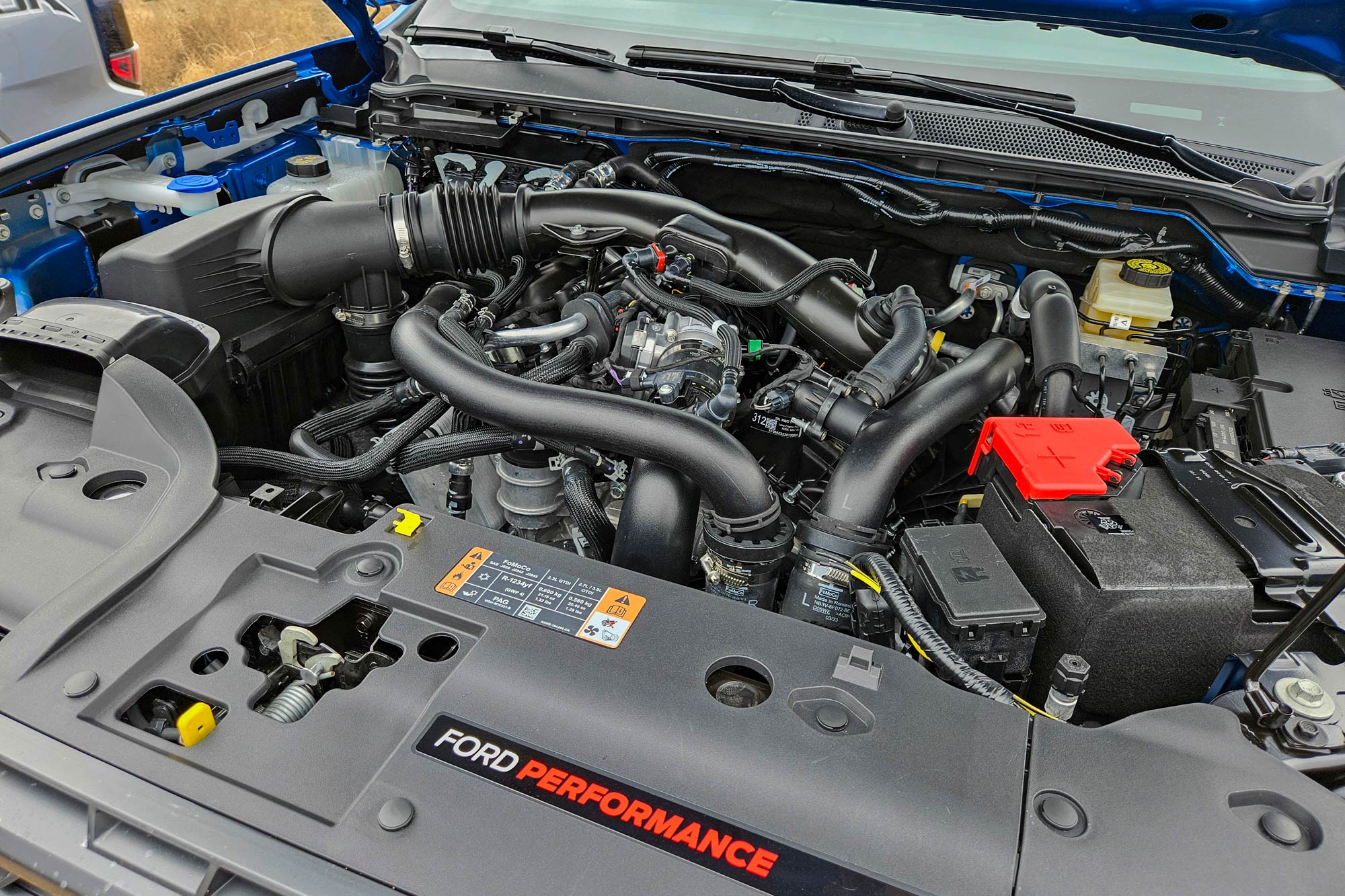Explore the Key Features of the 2.2 Ford Ranger Engine and Its Fuel Efficiency
Explore the Key Features of the 2.2 Ford Ranger Engine and Its Fuel Efficiency
Blog Article
What Makes a Vehicle Engine Run Smoothly: Top Tips for Ideal Treatment
The smooth procedure of an auto engine is basic to both efficiency and durability, making ideal care an important responsibility for vehicle proprietors. What details actions should you prioritize to ensure your engine remains in peak problem?
Routine Oil Changes
One of one of the most vital elements of automobile maintenance is guaranteeing your engine obtains routine oil changes. Engine oil lubes interior components, lowers rubbing, and helps preserve optimal operating temperature levels. Gradually, oil weakens as a result of warm, contaminants, and the all-natural by-products of burning, causing decreased performance and prospective engine damages.
A lot of producers advise altering the oil every 5,000 to 7,500 miles, yet this interval can differ based on driving problems and oil type. For circumstances, synthetic oils might permit longer periods between modifications. Routine oil adjustments not only enhance engine performance however additionally enhance gas efficiency, as clean oil advertises smoother operation.
Neglecting oil adjustments can result in sludge accumulation, which harms circulation and can cause severe engine problems. It is crucial to check oil degrees on a regular basis and keep track of for any type of uncommon changes in color or uniformity, which could suggest contamination or destruction.

Keeping Coolant Degrees
Keeping correct coolant degrees is important for stopping engine getting too hot and making certain optimum efficiency. The coolant, typically a mix of water and antifreeze, flows via the engine, absorbing heat and preventing thermal tension. Insufficient coolant can result in enhanced engine temperatures, which may cause severe damage or perhaps overall engine failure.
To preserve optimal coolant levels, routinely examine the coolant reservoir, usually located in the engine bay. Make certain the coolant is filled up to the suggested mark, as suggested in your car's owner manual. It is suggested to examine the degrees at least once a month or eventually journeys, specifically during extreme weather problems.
If you observe that the coolant level is consistently reduced, there might be a leak in the air conditioning system, which need to be resolved without delay to avoid more difficulties. 2.2 ford ranger engine. Furthermore, flushing the coolant system every two to 3 years can aid remove any accumulated particles and guarantee reliable warm exchange
Checking Air Filters
It is recommended to examine the air filter every 12,000 to 15,000 miles, or a lot more regularly if driving in adverse or dirty problems. An easy aesthetic inspection can typically disclose whether the filter is dirty or damaged. If the filter shows up discolored or has visible dust buildup, it ought to be changed without delay.
Making use of a premium air filter made for your specific car design can better boost engine performance. Additionally, some cars might gain from recyclable filters that can be cleansed and re-installed, providing a eco pleasant and cost-effective option.
Inspecting Flicker Plugs
Ignition system are vital elements of a car's ignition system, directly impacting engine efficiency and performance. They produce the stimulate that fires up the air-fuel mixture in the burning chamber, helping with the engine's power generation. Routine assessment of ignition system is important for maintaining optimal engine feature and stopping prospective issues.
Dark residue or oil deposits can suggest improper combustion, while a white or blistered appearance might suggest getting too hot. Both problems need prompt interest to protect against additional engine damages.
It's recommended to examine trigger plugs every 30,000 miles, or as recommended in your automobile's owner handbook. In addition, think about changing them according to the manufacturer's standards, as old or used ignition system can lead to misfires, minimized gas efficiency, and enhanced exhausts.
Monitoring Tire Pressure
Making certain proper tire stress is a critical element of automobile safety and security and performance. Under-inflated tires can cause lowered fuel efficiency, boosted tire wear, and endangered handling. Conversely, over-inflated tires can decrease grip and raise the risk of blowouts. For that reason, routine surveillance of tire stress is essential for optimal car operation.
Tire stress must be inspected a minimum of when a month and soon trips. Utilize a trustworthy tire stress scale to determine the stress when the tires are visit the website cool, preferably prior to the automobile has actually been driven for at the very least three hours. Refer to the vehicle's owner guidebook or the placard situated on the vehicle driver's side door jamb for the supplier's advised pressure degrees.
It is essential to keep in mind that tire pressure can vary with changes in temperature level; a decline of 10 ° F can lead to a 1-2 psi reduction in pressure. In addition, visually evaluate tires for any kind of indicators of wear or damages during your monitoring regimen. Preserving appropriate tire pressure not just improves vehicle safety and security however likewise improves gas performance and extends tire life, ultimately adding additional hints to a smoother engine efficiency.
Conclusion
In verdict, preserving a car engine's smooth operation calls for diligent attention to several crucial factors. Eventually, an aggressive approach to engine care is necessary for guaranteeing integrity and performance over time.
One of the most crucial facets of vehicle maintenance is guaranteeing your engine gets routine oil adjustments. Engine oil lubes internal components, minimizes rubbing, and helps maintain optimal operating temperatures. Routine oil adjustments not just boost engine efficiency but also enhance fuel effectiveness, as clean oil promotes smoother operation.
Inadequate coolant can lead to boosted engine temperature levels, which might create extreme damages or also complete engine failing.

Report this page